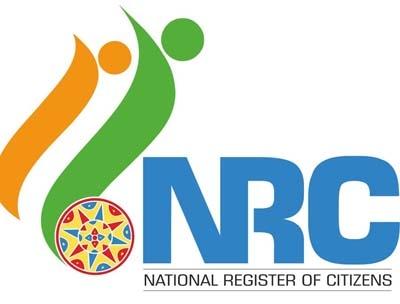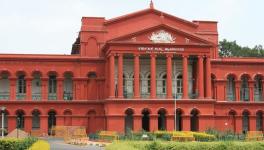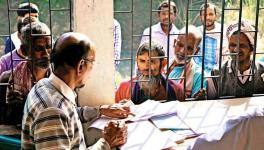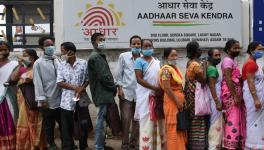Assam NRC's Real Test Will Begin Once it's Complete

Image Courtesy: dy365.in
The first draft of Assam’s National Register of Citizens (NRC) was published on December 31, 2017, sparking a wave of hue and cry after several names ‘left out’ of the first draft turned out to be ‘Muslim’. To be fair to the exercise, there were several instances of the draft omitting names of even high-profile individuals, including Prateek Hajela, the coordinator of the NRC process, as well as Badruddin Ajmal, the head of the All India United Democratic Front. But a key issue that seems to be getting sidelined is: What is going to happen to those who will be declared foreigners?
There are six known detention camps within the jail premises of Dibrugarh, Goalpara, Jorhat, Kokrajhar, Silchar, and Tezpur districts. Assam’s official records, on December 31, 2017, put the number of foreign nationals awaiting deportation at 854. But figures on the origin of these inmates are not known. The inmates have been determined to be foreigners from Nepal, Bangladesh, Myanmar and even Afghanistan. On March 23, 2011, a Single Bench of the High Court of Gauhati observed that the total number of cases pending before various Foreigners’ Tribunals in the state stood at 3,36,560.
This observation came while determining if D-voters could cast votes. While the Single Bench decided they couldn’t, the Supreme Court subsequently passed an order on February 8, 2016 overruling the High Court’s decision.
D-voters are people whose names are on electoral rolls but the Election Commission is unsure if they are Indian citizens. Such names, therefore, are marked with a ‘D’ next to them. A similar exercise was carried out in Meghalaya, where a large number of people, allegedly of Nepalese and Bangladeshi origin, have had a ‘D’ affixed to their names on the rolls.
But the issue in both cases is that there appears to be no consensus as to what the fate of the D-voters is. In both states, calls to strike off the names of this category of people from the electoral rolls have been made by various pressure groups. But the Supreme Court order, by allowing the D-voters to cast their ballots, has seemingly added to the confusion. There are roughly 40 lakh people who have been designated D-voters in Assam.
With such a high number of people already lodged in detention camps, and the NRC final draft to be published by the end of the year, Assam is potentially beginning to resemble the Rakhine state.
Seeking to protect one’s language and culture is not an objectionable endeavour. Bangladesh was created with the same intention. But the fate of these people lodged in the ‘camps’ hangs in a limbo. Bangladesh does not recognise the Bengali-speaking people lodged in these ‘camps’ as its citizens and neither does Assam or, therefore, India.
There have only been a few ‘successful’ deportations of people in the past. These involved individuals who were able to furnish their addresses in Bangladesh pertaining to their origin. The worry is that the final NRC may place an inordinate number of people in similar camps.
The history of the Nuremberg Trials (a series of military tribunals held by the Allied forces after World War II) highlighted the concerns pertaining to ‘following orders’ and ‘applying the law’. In legal terms, those deemed to be illegal immigrants have to be deported. But since the country of origin of those deemed foreigners may be unwilling to accept them as their own, a political solution could be the key to solving this impasse. While diplomacy may be the way forward, but, given the geopolitical chess game underway in South Asia between China and India, arm-twisting Bangladesh is not a practical move as well.
Therefore, the solution at this point can only lie within Indian borders. But how long can a few lakh people remain in de facto incarceration? Providing limited rights on the lines of those accorded to the Tibetan refugees may be a solution but it may be counter-argued that these people have enjoyed rights on par with normal citizens so far, in which case, downgrading their status is akin to making them ‘stateless’.
Get the latest reports & analysis with people's perspective on Protests, movements & deep analytical videos, discussions of the current affairs in your Telegram app. Subscribe to NewsClick's Telegram channel & get Real-Time updates on stories, as they get published on our website.
























